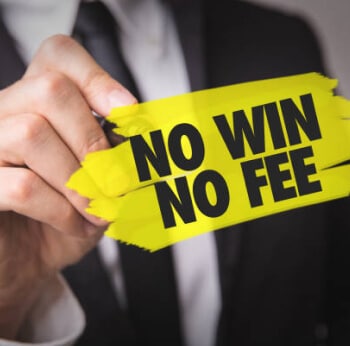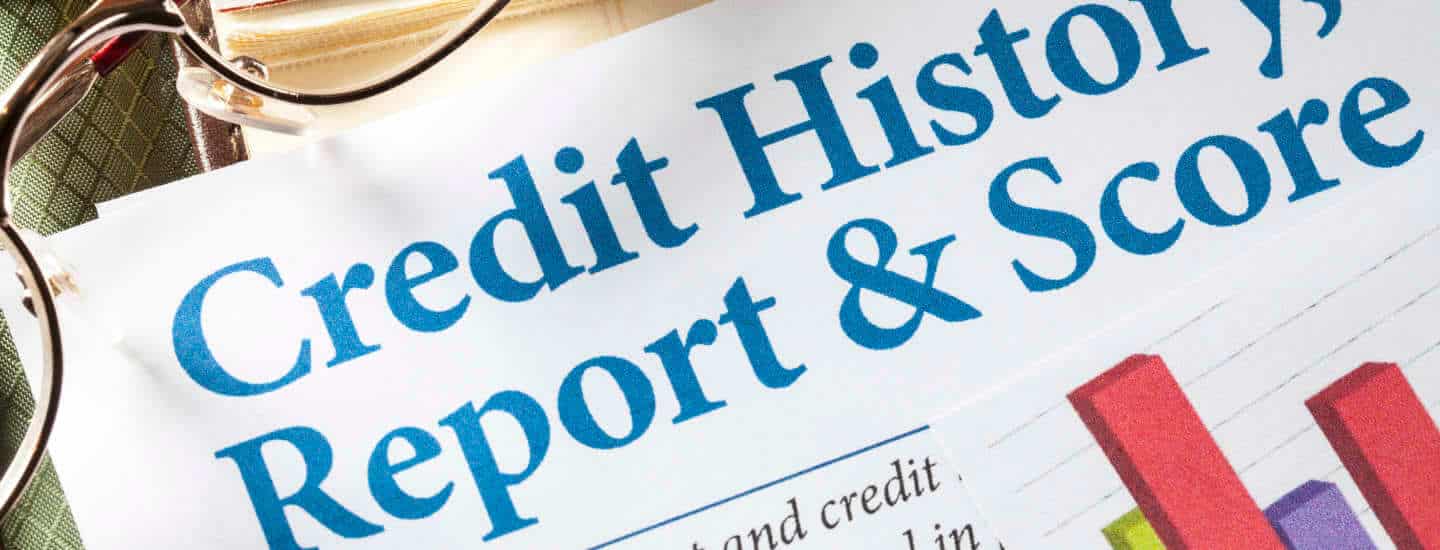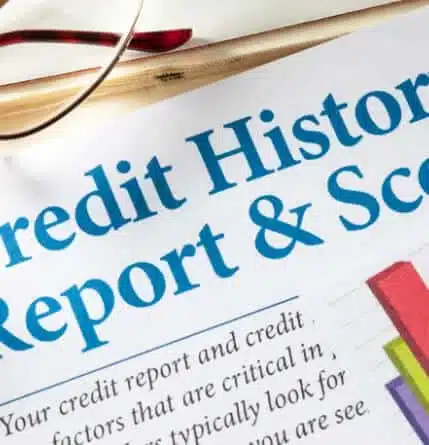Consumer Rights Lawyers
Proven Results.
Promises We’ll Stand Behind.

Credit Report Errors Fixed
Credit Report errors could be costing you money in higher interest rates and you could be owed money.

Free Case Review
With just a brief phone call, you can find out if your credit report was updated after you completed your bankruptcy.

Win-Win Guarantee®
We’re so confident we can help, you won’t pay us anything until we win.
Get The Fields Law Advantage
We are the only law firm in the United States that specializes in credit report errors after a Chapter 13 Bankruptcy. Most of our clients did not know they were owed money until they talked to us.
We can help in a number of ways, including:
- Review Your Credit Report
- Identify Errors
- Fix Credit Report Errors
- Win You Money
Our dedicated Consumer Rights attorneys have protected the rights of clients throughout the United States.

Local Experience. National Reputation.
Successfully representing clients in all 50 states has given us a depth of local experience and a national reputation of winning for our clients.
Cases We’ve Won For Our Clients
Mortgage debt discharged in chapter 7 bankruptcy still reported negative information after discharge
A Chicago man was discharged from a Chapter 7 bankruptcy in 2008 and he included his mortgage. He did not reaffirm his obligation to personally owe on the mortgage. He pulled his credit report and found that his mortgage company reported that he owed a balance and had been tracking his payment history since 2015. This was wrong because this mortgage could not report at all anymore since it had been over seven years from the date of the bankruptcy filing.
Worried that this would hurt his chances to purchase a home, our client disputed the inaccuracies with the credit reporting bureaus. He described that the mortgage was past the allotted time to report, and he provided proof of his Chapter 7 bankruptcy including the discharge and the docket summary.
The attorneys at Fields Law were successful in bringing a claim against two of the credit reporting agencies and the furnisher for false reporting and failure to properly investigate the client’s credit report. The client’s credit report was corrected, the delinquent account was removed from his reports, and he received a settlement for his damages, which included several credit card denials.
Failure to update credit reports after successful chapter 13 bankruptcy discharge
A man from Georgia previously secured a mortgage loan for his home and primary residence. Life started to get tough, and more specifically, extremely financially difficult for him, so he needed to file for chapter 13 bankruptcy. He was able to successfully make all the chapter 13 bankruptcy plan payments, he was able to manage to make all the monthly mortgage payments for his home loan, and he was fortunately granted a discharge.
Once the chapter 13 bankruptcy was over, this person got his credit reports to ensure all his accounts were reporting accurately. Within his credit report, he noticed that all the credit reporting agencies were inaccurately reporting his mortgage loan.
The credit reporting agencies all reported that the mortgage loan was discharged (i.e. forgiven) in a chapter 13 bankruptcy. This was inaccurate because he completed the required chapter 13 bankruptcy plan payments, continued making payments on the mortgage loan during and after the bankruptcy, and the mortgage loan was still open following the bankruptcy being discharged. It was certainly not discharged.
Luckily, he knew what to do and disputed the inaccuracies directly with the credit reporting agencies. In response to his disputes, the credit reporting agencies refused to correct the inaccuracies on his mortgage loan. This is when the attorneys at Fields Law stepped in, and they were successful in bringing a lawsuit against the three credit reporting agencies as well as the furnisher for false reporting and failure to properly investigate our client’s disputes of the inaccuracies. His credit reports were all corrected, he was able to receive a settlement his damages, and he was able to get a credit score that was a true and accurate reflection of his credit worthiness unencumbered by the inaccurate mortgage loan.
Consumer Rights Answer Center
Fair Credit Reporting Act – Credit Reporting Errors
If you believe your credit report may be wrong, the attorneys at Fields Law can help you check your credit report and ensure there are no errors being reported. If there are any errors, we will contact the reporting agency to get the errors corrected.
See Full AnswerMortgage and Lending Fraud
Mortgage foreclosures have become common for many homeowners since the housing bust in 2008. However, a trend which is emerging shows that some of the more recent foreclosures are a result of potentially unscrupulous lenders.
Read the articleNationstar / Mr. Cooper and Credit Report Errors
If your home mortgage originated with or was recently sold to Nationstar (aka: Mr. Cooper), you should be aware that some people have experienced problems with inaccuracies on their credit reports. Consumers have reported a number of issues with the loan servicing company.
Read the articleHow can a Fair Credit Reporting Act (FCRA) attorney at Fields Law help me?
We have helped thousands of people throughout the United States find out if they were affected by a potential mistake caused by their mortgage company at the end of the bankruptcy involving their credit report. Unfortunately, for some people, a mistake was made, and they had no idea until they talked to us.
Read the article See More Answers




